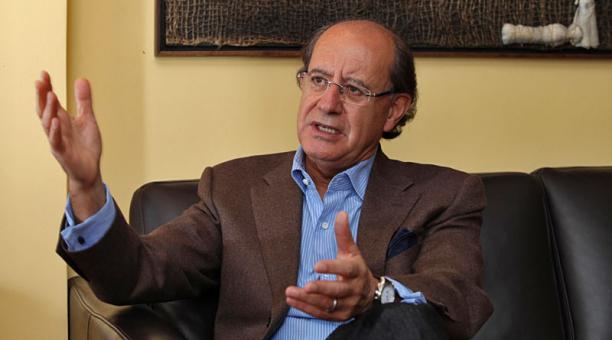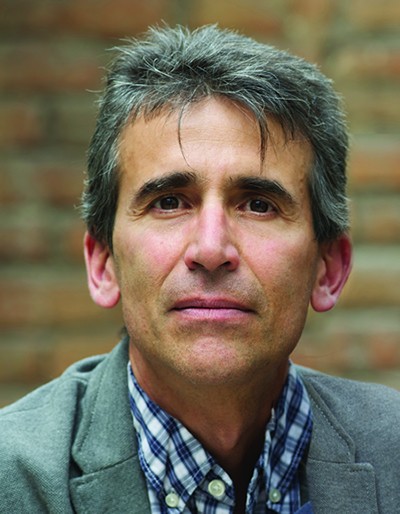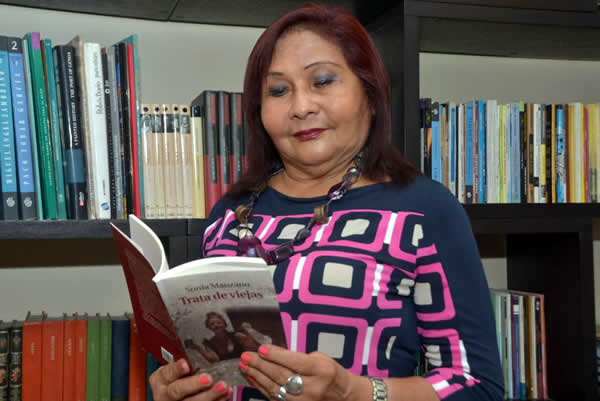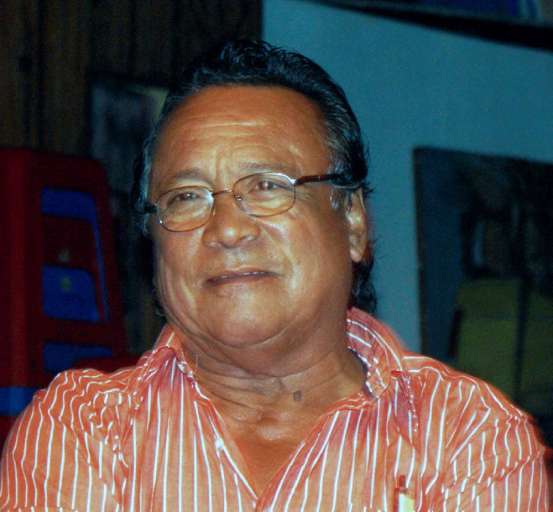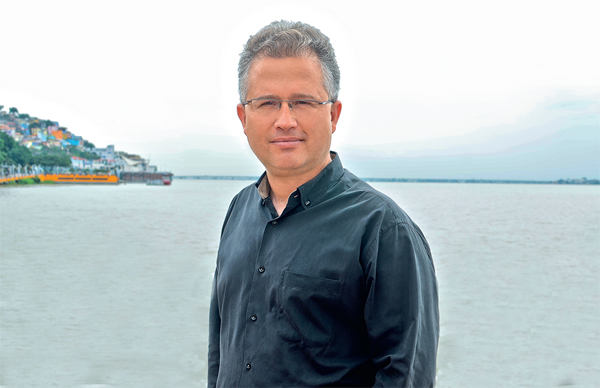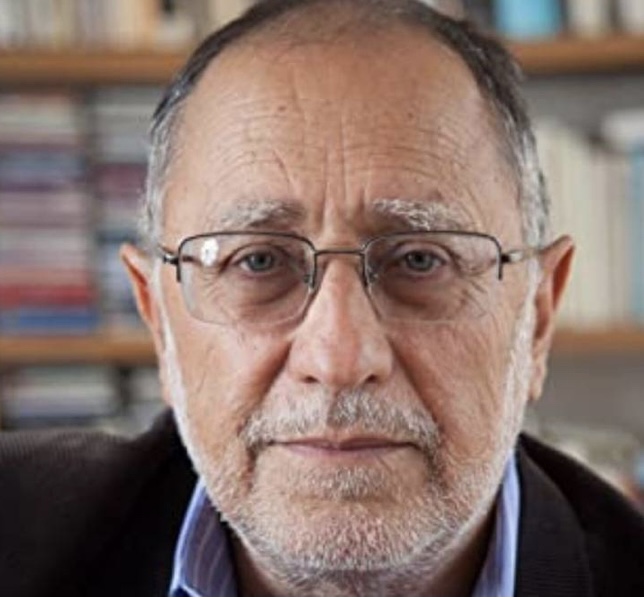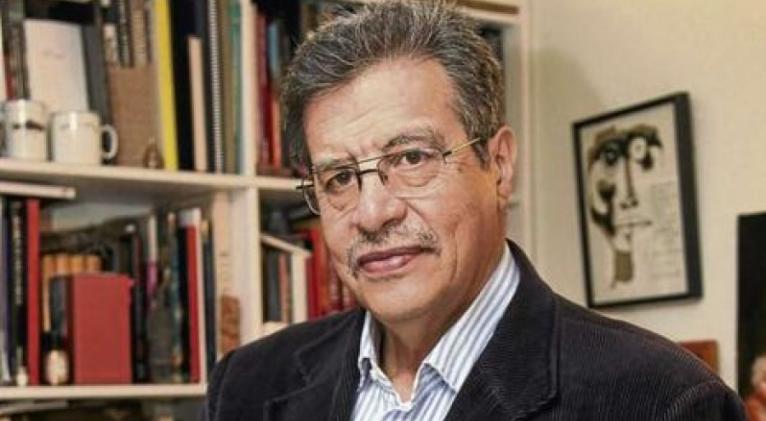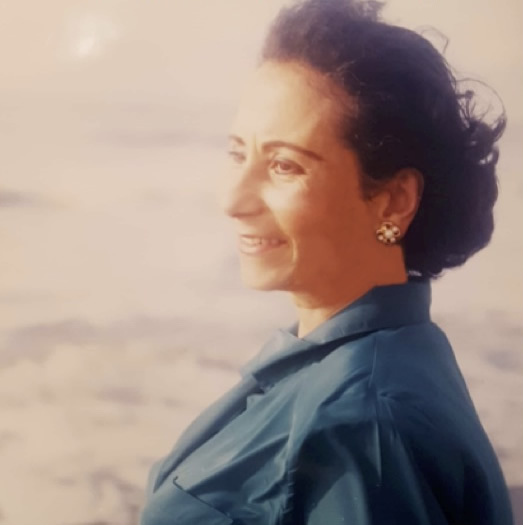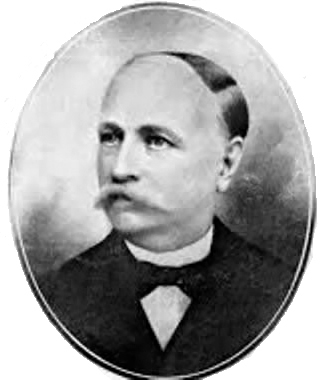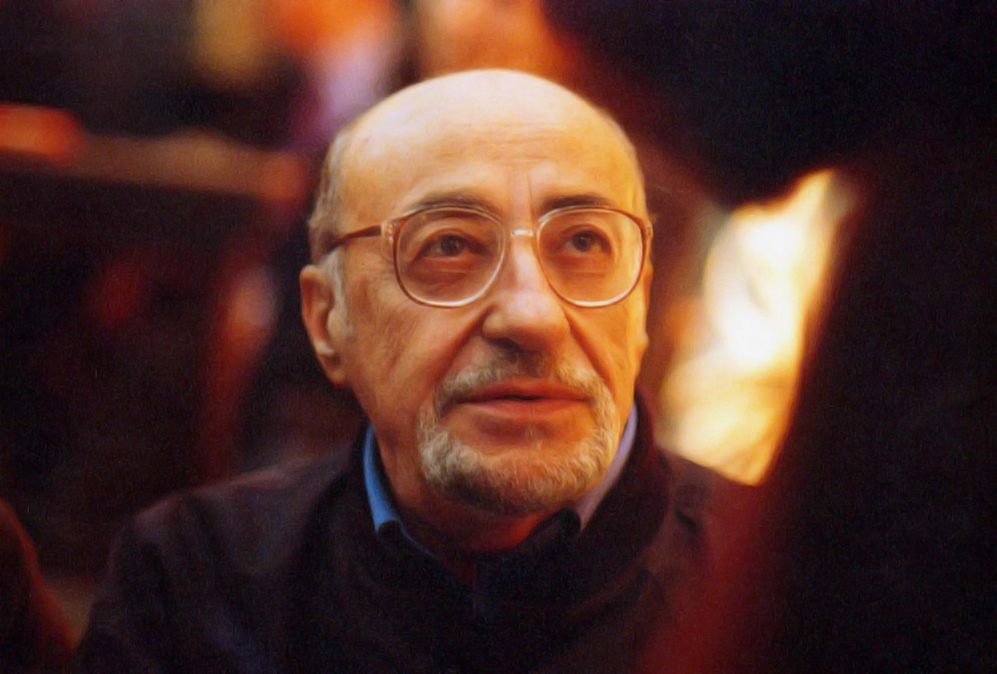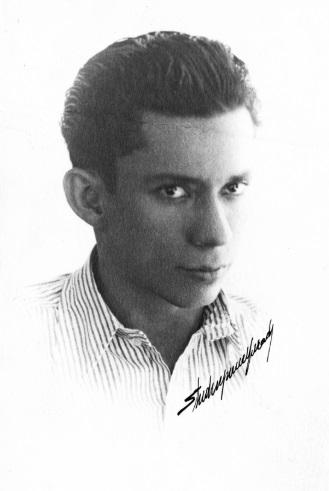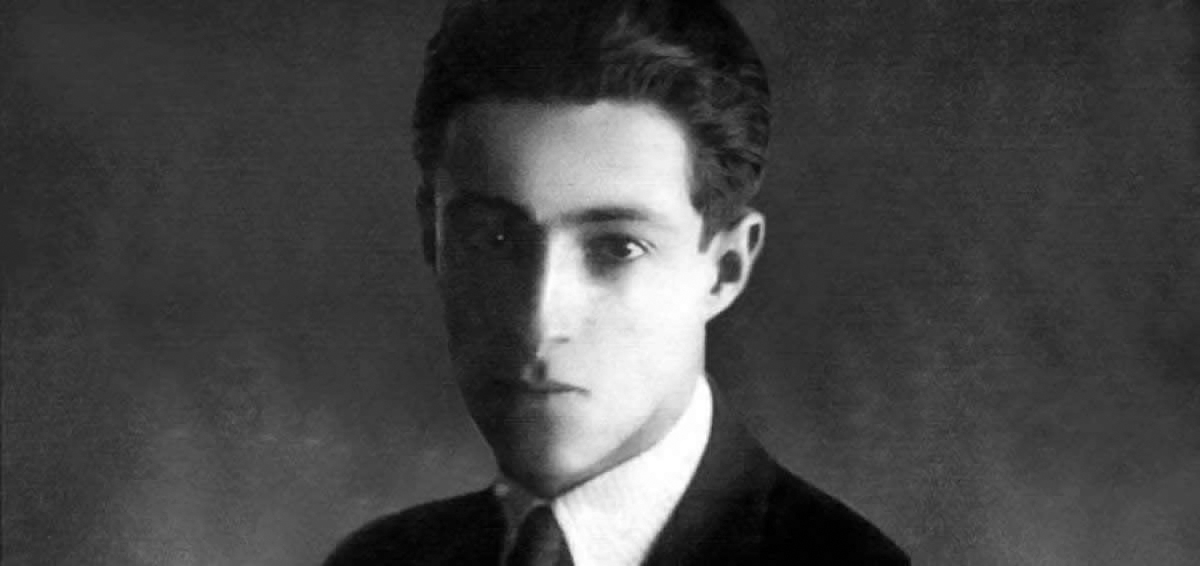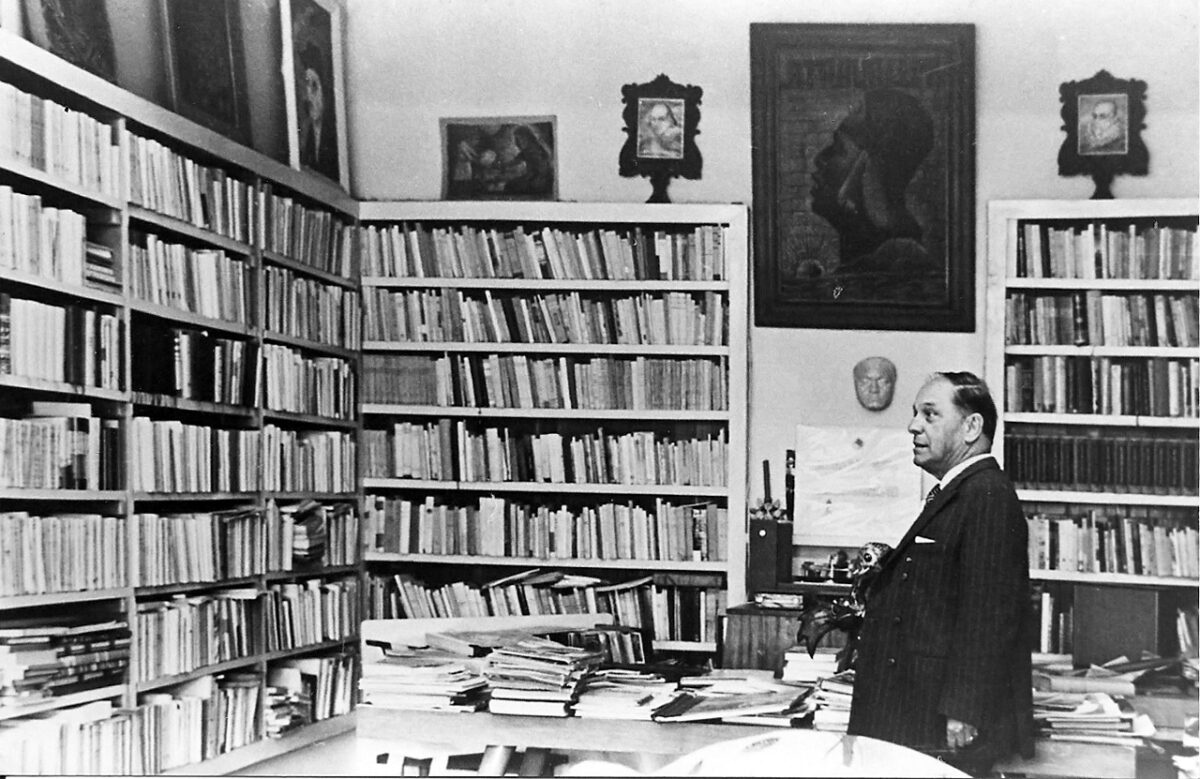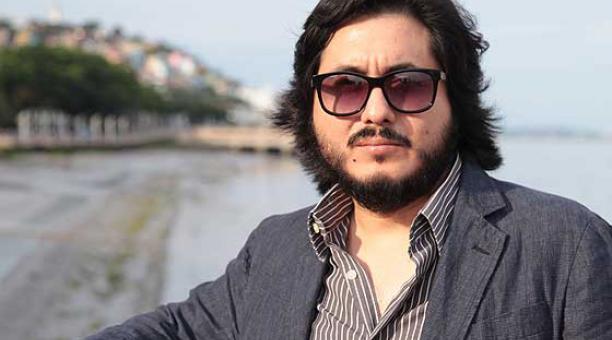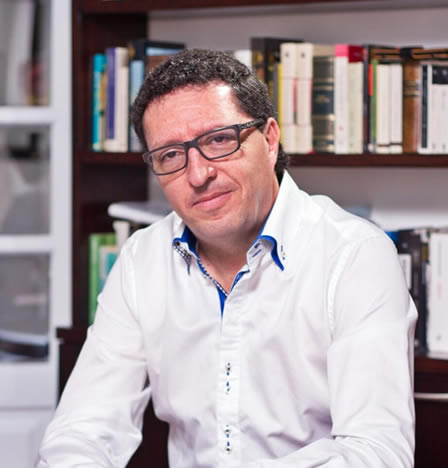Jaime Marchán Romero (Quito, March 15, 1947) is an Ecuadorian writer and politician. In 2013 his novel “Volcán de Niebla” won the Joaquín Gallegos Lara Prize. He studied Political Science at the Pontifical Catholic University (Quito), and earned a PhD at George Washington University (Washington, D.C.). He has served as Ecuador’s ambassador to Yugoslavia (1989-1990), Italy (1990-1992), Austria (1994-1997), Chile (1997-2000), Switzerland (2003-2008), and the United Kingdom (2019-). He has also held various posts in Ecuador’s Ministry of Foreign Affairs.
Continue reading “Jaime Marchán”Category: Ecuadorian Novelists
Ecuadorian novelists, including stories, translations, bibliographies, biographies, interviews, articles, and much more. Novelists from Ecuador in one place.
Adolfo Macias Huerta
Adolfo Macias Huerta (Guayaquil, 1960) is a renowned Ecuadorian novelist and psychotherapist. His significant contributions to contemporary literature have earned him critical acclaim and recognition. With works like “El Mitómano” (2018) and “Donde el sol pierde su reino” (2023), Macías Huerta showcases his talent for crafting compelling narratives that explore themes of art, pain, and the complexities of human existence. His ability to create captivating characters and challenge conventional storytelling boundaries has solidified his position as a notable figure in Ecuadorian literature, while his numerous awards, including the Joaquín Gallegos Lara Prize (1995, 2010) and the National Literature Prize (2017), highlight his literary prowess and literary impact.
Continue reading “Adolfo Macias Huerta”Sonia Manzano Vela
Sonia Manzano Vela is an Ecuadorian poet, novelist, short story writer and pianist. She was born in Guayaquil on February 27, 1947. Her poetry collection Carcoma con forma de paloma (1986) achieved commercial success. Her short story collection Flujo escarlata (1999) won the Joaquín Gallegos Lara National Fiction Prize. Her first novel, Y no abras la ventana todavía (1993) won the first prize in the “Biennial Ecuadorian Novel” contest. Her last novel, Solo de vino a piano lento (2013), was acclaimed by literary critic Antonio Sacoto as the best novel written by an Ecuadorian woman so far in the 21st century.
Continue reading “Sonia Manzano Vela”Jorge Velasco Mackenzie
Jorge Velasco Mackenzie is an Ecuadorian novelist, short story writer, poet, playwright and professor. He was born in Guayaquil on January 16, 1949. In 1983, Velasco Mackenzie published his first (and most famous) novel El rincón de los justos. In 1986 he won the “Grupo de Guayaquil” Award for his novel about the Afro-Ecuadorian people, Tambores para una canción perdida. 1996 he won first place in the IV Biennial of the Ecuadorian Novel with his historical novel En nombre de un amor imaginario.
Continue reading “Jorge Velasco Mackenzie”Leonardo Valencia
Leonardo Valencia is an Ecuadorian novelist and short story writer. He was born in Guayaquil in 1969. He studied in Ecuador and Spain, where he obtained a degree in literary theory at the Autonomous University of Barcelona. He created the university’s writing program and ran it for several years. He currently lives in Quito where he teaches literature and creative writing at the Simon Bolivar Andean University. The literary critic Andrés Ortiz Lemos called Valencia’s latest novel, La escalera de Bramante (2019), “one of the most important novels written in the Spanish language in recent years.”
Continue reading “Leonardo Valencia”Carlos Arcos Cabrera
Carlos Arcos Cabrera (Quito, 1951) is an Ecuadorian sociologist and writer. He began his writing career with the novel “Un asunto de familia” in 1997, followed by “Vientos de agosto” in 2003 and “El invitado” in 2007, both of which won the Joaquin Gallegos Lara Prize in their respective years of publication. He has also written books for young people, including “Memorias de Andrés Chiliquinga” in 2013, which features the character Andrés Chiliquinga from Jorge Icaza’s 1934 novel “Huasipungo.”
Continue reading “Carlos Arcos Cabrera”Abdón Ubidia
Abdón Ubidia is a novelist, short story writer and playwright. He was born in Quito in 1944. He is considered one of the most important voices of modern Ecuadorian literature. In 1986 he published Sueño de lobos, which was hailed by critics as the book of the decade. It was translated into English in 1996 as Wolves’ Dream. In 2012, President Rafael Correa awarded Ubidia with the Eugenio Espejo Prize in Literature, Ecuador’s top literary prize. Ubidia’s books have been translated into many languages.
Continue reading “Abdón Ubidia”Luz Argentina Chiriboga
Luz Argentina Chiriboga Guerrero is an Afro-Ecuadorian poet, novelist and short story writer. She was born in Esmeraldas on April 1, 1940. Her works are concerned with Afro-Hispanic cultural identity and themes about women’s challenges. She is a member of the House of Ecuadorian Culture. Several of her novels have been translated into English, Italian and French.
Continue reading “Luz Argentina Chiriboga”Francisco Campos Coello
Francisco Campos Coello (Guayaquil, July 24, 1841 – April 25, 1916) was an Ecuadorian writer, historian and politician. In 1871, at the age of 30 he published the hagiographic novel “Plácido,” considered the third novel published in Ecuador. In 1893, he published in installments in the magazine El Globo Literario, his novel “La receta,” which is regarded as first literary work of science fiction in Ecuador. The novel, divided into six chapters, tells the story of R., a man who discovers the recipe for an elixir that can make him go to sleep and wake up 100 years in the future, which is how he transports himself to Guayaquil at the end of the 20th century, when the city had become a utopian society as a result of the implementation of liberal ideas of the time.
Continue reading “Francisco Campos Coello”Jorge Enrique Adoum
Jorge Enrique Adoum, or Jorgenrique Adoum (Ambato, June 29, 1926 – Quito, July 3, 2009) was an Ecuadorian poet, novelist and playwright. Adoum is best known for his poetry collections and his celebrated novel Entre Marx y una mujer desnuda (1976). He is regarded as one of Ecuador’s most important writers and intellectuals of the 20th century. Nobel Prize winner Pablo Neruda hailed Adoum as “the best Latin American poet of his generation.” An English translation of Adoum’s poetry was published by Katherine M. Hedeen and Víctor Rodríguez Núñez under the title “prepoems in postspanish and other poems” (Action Books, 2021). This collection includes three of Adoum’s most groundbreaking books: “Currículum mortis” [Curriculum Mortis] (1973, 1979), “prepoemas en postespañol” [prepoems in postspanish] (1973, 1979), and “El amor desenterrado” [Love Disinterred] (1993). In 1989 the President of Ecuador conferred on Adoum Ecuador’s highest literary prize, the Eugenio Espejo Award, for his lifetime of literary work.
Continue reading “Jorge Enrique Adoum”Joaquín Gallegos Lara
Joaquín Gallegos Lara (Guayaquil, April 9, 1909 – Ibidem, November 16, 1947) was an Ecuadorian novelist, short story writer, poet, and literary critic. His works often reflected the social and political issues of his time, including poverty, inequality, and injustice. He was a member of the Communist Party of Ecuador and was imprisoned many times for his political convictions. Lara was born with Pott’s Disease, a rare spinal disease which caused paralysis in his legs. Due to his inability to walk, he was unable to attend school and instead devoted himself to self-study at home, in which time he mastered the French, German, Italian, and Russian languages. He was a member of the “Guayaquil Group,” and has been described as the group’s spiritual leader. The book of short stories “Los Que Se Van” [Those Who Leave] (1930), co-authored with Demetrio Aguilera Malta and Enrique Gil Gilbert, marked the beginning of literary social realism in Ecuador. His most famous novel, “Las cruces sobre el agua” [Crosses on the Water] (1946), is concerned with the November 15, 1922 massacre of striking workers in Guayaquil. Despite his brief life, Joaquín Gallegos Lara’s works are still widely read and continue to be studied and recognized for their profound impact on Ecuadorian literature.
Continue reading “Joaquín Gallegos Lara”Pablo Palacio
Pablo Palacio was an Ecuadorian avant-garde writer. He was born in Loja on January 25, 1906 and died in Quito on January 7, 1947. In 1925 he earned a degree in jurisprudence from the Central University of Ecuador. He served as professor of philosophy and literature at the same University, as an Undersecretary of the Ministry of education (when it was led by Benjamín Carrión), and as Undersecretary of the National Constituent Assembly in 1938. He is best known for his novels Débora (1927), Vida del ahorcado (1932) and his short story collection Un hombre muerto a puntapiés (1927). His work has been praised for its originality and its contribution to the development of Ecuadorian literature. In 1939, he began to suffer from mental disorders and soon after was declared mad. He spent the last seven years of his life in a psychiatric clinic accompanied and cared for by his faithful wife, who volunteered as a nurse in the same clinic to be able to cover the costs of treatment.
Continue reading “Pablo Palacio”Benjamín Carrión
Benjamín Carrión Mora (Loja, April 20, 1897 – Quito, March 8, 1979) was one of the great Latin American intellectuals of the 20th century. He was a lawyer, writer, novelist, poet, essayist, biographer, literary critic, legislator, diplomat, educator and cultural promoter. His most notable literary work is Atahualpa (1934), a biography written in story form about the last Inca emperor, which has been translated into English and French. In 1944 Carrión founded the House of Ecuadorian Culture, which preserves and promotes many aspects of Ecuador’s culture, including music, dance, art, literature, theater and film. Considered Carrión’s greatest achievement and legacy, this organization maintains several museums, libraries and performance venues throughout Ecuador, as well as a printing press which has been instrumental in publishing many noteworthy Ecuadorian authors.
Continue reading “Benjamín Carrión”Ernesto Carrión
Ernesto Javier Carrión Castro (Guayaquil, 1977) is a distinguished poet and novelist whose work has won numerous awards and has been widely recognized both in his home country and internationally. His literary career began to gain momentum in 2002 when he was awarded the César Dávila Andrade National Poetry Prize for “Carni vale”. Over the years, Carrión Castro’s unique voice and innovative storytelling have earned him several prestigious awards such as the Jorge Carrera Andrade National Poetry Prize for “Viaje de Gorilas” in 2013, and the Casa de las Américas Novel Prize for “Incendiamos las yeguas en la madrugada” in 2017. His book “El día en que me faltes” won the Lipp Novel Prize in 2017. Most recently, in 2019, his novel “El vuelo de la tortuga” won the Miguel Donoso Pareja Prize. In 2023, Carrión Castro’s continuous contribution to literature was recognized with the Gonzalo Rojas Residency Scholarship. His ability to weave compelling narratives with poetic language has solidified his status as one of the most significant contemporary writers in Latin America.
Continue reading “Ernesto Carrión”Óscar Vela
Óscar Vela Descalzo is an Ecuadorian lawyer and writer who is considered one of the most representative contemporary literary voices of Ecuador. He was born in Quito, Ecuador in 1968. His novels Desnuda oscuridad (2011) and Todo ese ayer (2015) both won the Joaquín Gallegos Lara Prize for best novel of the year. His novel Yo soy el fuego (2013) won the Jorge Icaza Prize. His novel Ahora que cae la niebla (2019) tells the story of Manuel Antonio Muñoz Borrero, an Ecuadorian diplomat stationed in Stockholm during World War II who issued passports to hundreds of Jews in order to save their lives. His latest novel, Los crímenes de Bartow, was published in 2021. Since 2019 he has been a member of the Ecuadorian Academy of Language.
Continue reading “Óscar Vela”
